Cherry Blossoms
Rudi hates adventures. Give him an ordinary day-to-day routine and he'll be forever grateful. However, his mundane life is disrupted when his wife Trudi visits the local doctor. She discovers Rudi has a terminal illness. The specialist suggests they go on a trip. Trudi refuses to tell her husband the bad news. Out of nowhere, she suggests they visit their son Karl in Tokyo. Rudi rejects the proposal and decides its best to visit their other children in Berlin (which is far cheaper).
When Rudi and Trudi arrive in the German capital they discover their offspring are emotionally detached strangers. The daily drudge of city life is more important than spending time with mum and dad. In spite of this, they befriend Franzi, their daughter's lover, who gives them a tour of Berlin. Franzi takes Trudi to see a Japanese Butoh dancer. Troubled by her husband's illness Trudi finds it difficult to sleep. After spending the day at the seaside husband and wife get ready for bed.
The next day when daylight floods through the window Rudi tries to wake his 'lazybones' wife. However Rudi discovers she has died during the night. The family hold an impromptu funeral.
Realising his wife never fulfilled her lifelong ambition of travelling to Tokyo; Rudi is determined to visit his son to keep his wife's spirit alive but soon understands Karl has no spare time for dad. Rudi becomes tired of getting drunk in his son's high-rise yuppie flat and decides to see the sights.
Rudi walks around the suburbs of Tokyo to see the blooming of the cherry blossoms. Unaware of his impending illness, he strolls around the heavenly landscape and encounters a young homeless Butoh dancer called Yu. Rudi and Yu spend oodles of time together and develop a close companionship.
After a few days they take a trip to Mount Fuji. When they arrive the mountain is nowhere to be found. Yu tells Rudi in broken English that - 'Mr Mount Fuji is very shy and very often he doesn't want us to see him'.
Staying in a traditional Japanese hotel, they wake up extra early to see if Mr Fuji has decided to show his face. However, they don't seem to have any luck and Rudi becomes sick. Yu tries to nurse him back to health but his condition is getting worse.
One morning, Rudi wakes up to find Mr Fuji has at last decided to show himself. Rudi saunters to an idyllic lake, and begins a dance of death with his wife Trudi under the gaze of Mount Fuji...
Even though Doris Dorrie's Cherry Blossoms picks out all the convenient nuance of Yasujiro Ozu's Tokyo Story, it has its own cinematic mood. The cinematography is breathtaking. When Rudi arrives in Tokyo the bright neon lights and the hustle and bustle of the modern city are in stark contrast with the timeless cherry blossoms and the majestic views of Mount Fuji. The hand-held camera adds a sense of intimacy between Rudi and Yu that conventional films can't achieve with conventional technique. Like the Butoh dance ('the dance of shadows') the camera does its own hypnotic dance of death around Rudi. It explores his solitude but also champions the brooding of bereavement as an upbeat experience as Rudi begins to appreciate friendship, isolation, mortality and the beauty of the natural world. It is depressing yet uplifting all in the same heartbeat.
Verdict: Cherry Blossoms explores the universal themes we are all forced to experience in life. To confront our own mortality and to live our life while we still can. Nobody knows when death will come. It makes for a beautiful cinematic experience.
Special Features: A cast and crew featurette.
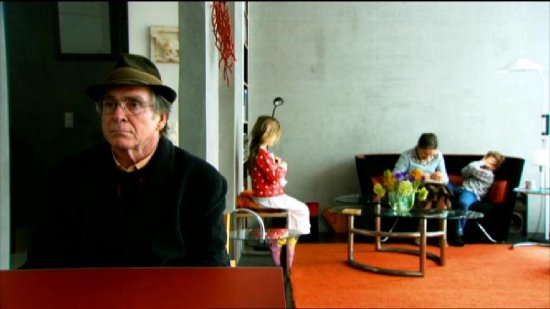
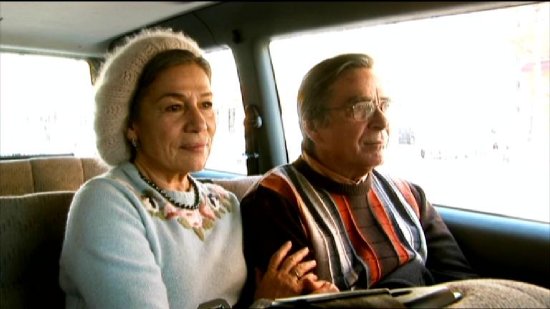
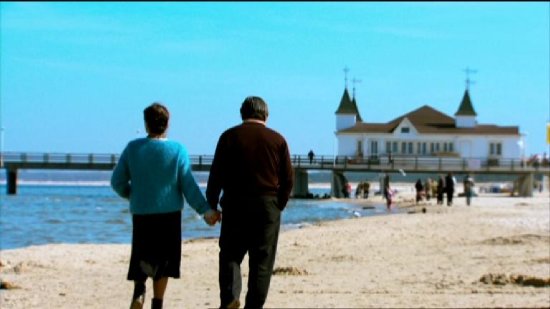
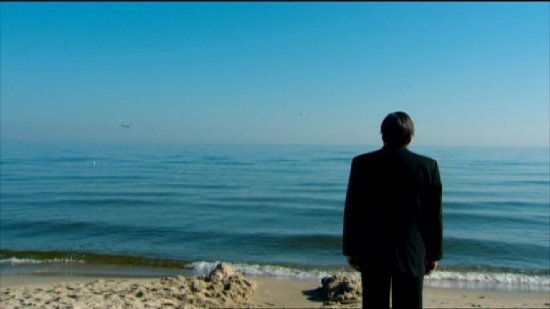
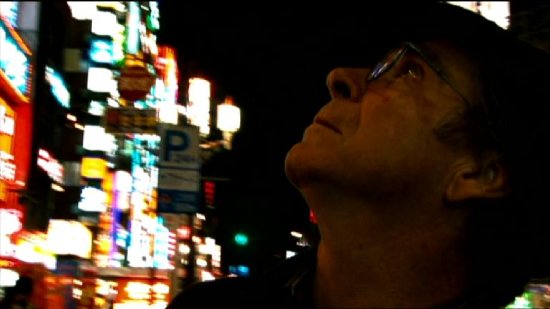
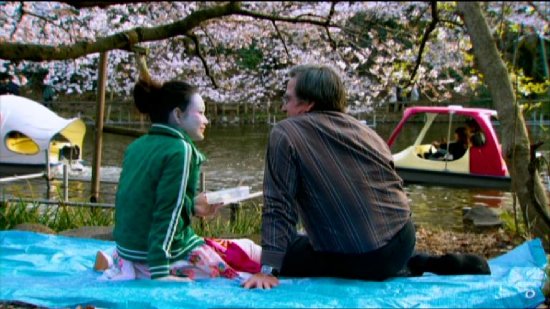
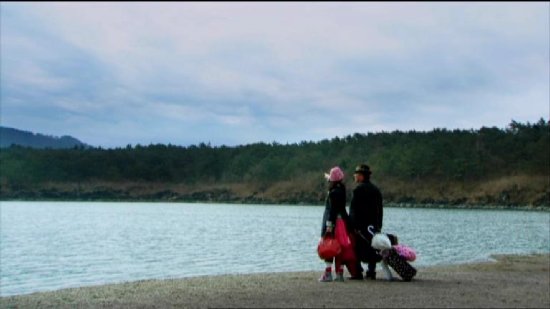
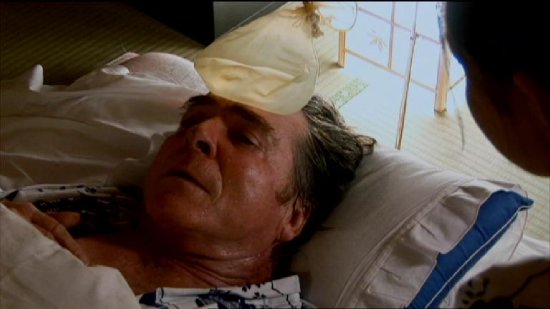
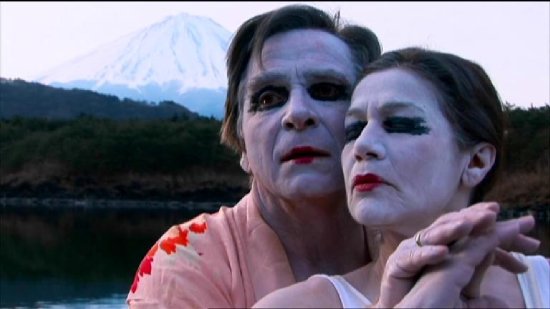
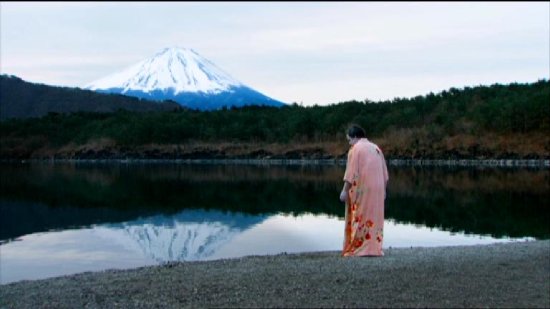
Your Opinions and Comments
Be the first to post a comment!